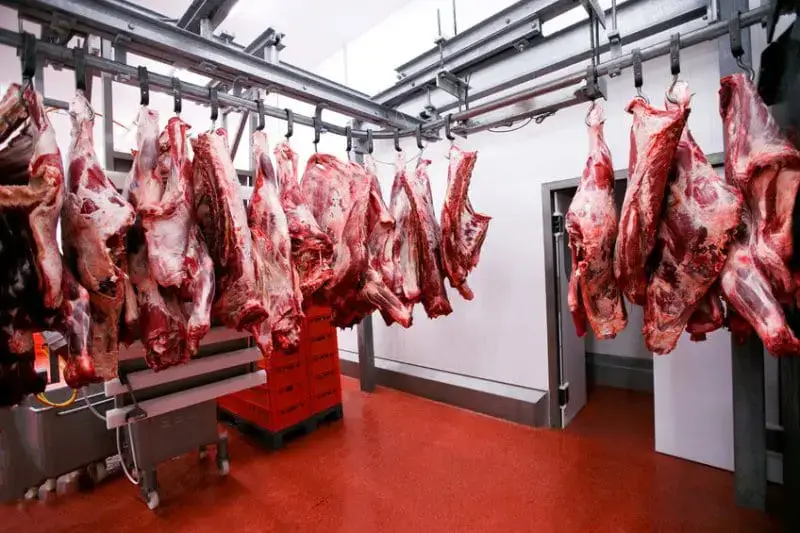
In a much-welcomed move, Ghana has lifted the ban on the purchase of meat from butcher houses, which was imposed amid the Anthrax outbreak that struck the country earlier last month. The decision has been met with appreciation from butchers in the Bolgatanga Municipality of the Upper East Region, as they express relief at the resumption of movement, sale, slaughtering, and consumption of meat in the region.
The ban, implemented in the early parts of June, was in response to the outbreak of Anthrax disease in the region, which tragically claimed the life of one person and several animals, including cattle, sheep, and goats. Understandably, this led to the closure of abattoirs and slaughterhouses, disrupting the livelihoods of butchers and causing hardship for their families.
Mr. Timothy Timbil, the Secretary of the Bolgatanga Butchers Association, expressed delight at the government’s decision, stating that it would significantly help in restoring their means of earning a living. During the period of the ban, butchers faced inconvenience and a sharp decline in income, making it challenging to meet the needs of their families. The financial strain even forced some of their children to drop out of school due to unpaid fees, exacerbating the difficulties they already faced.
To ensure public safety, health authorities in July urged the public to purchase meat, particularly beef and chevon, from designated butcher houses, as meat sold there was thoroughly tested and certified by veterinary officers at the abattoir to be free from the anthrax virus. Any animal slaughtered at the abattoir underwent rigorous inspection by veterinary officers and was stamped to guarantee that no infected meat made its way to consumers. Thus, purchasing meat from these designated locations offered the assurance of safe and anthrax-free products.
Mr. Iliasu Ibrahim, Secretary of the Nyohini Butcher House in Tamale, emphasized the importance of looking for stamps of approval from veterinary officers on meat before making a purchase. Despite these measures to ensure safety, beef patronage witnessed a decline, with a whole cow taking three or more days to sell, compared to the previous scenario where it would sell out within a day.
The anthrax outbreak initially started in a few districts in the Upper East Region and later spread throughout the region, prompting health officials and animal health authorities to take swift action by banning the sale of beef, mutton, and chevon in the affected areas.
With the lifting of the ban, abattoirs and slaughterhouses have reopened, and butchers can resume their work with a renewed sense of hope. The move not only safeguards the livelihoods of the butchers but also ensures a steady supply of safe and uncontaminated meat for consumers in the region. As the situation returns to normalcy, the community can begin to rebuild and recover from the impacts of the Anthrax outbreak, looking forward to a healthier and more prosperous future.
Stay updated with the latest farming tips and agriculture industry news from Africa by subscribing to our newsletter. Don’t miss out on valuable insights and updates. Follow us on Twitter, LinkedIn, and Facebook to join our farming community and stay connected with us.



















